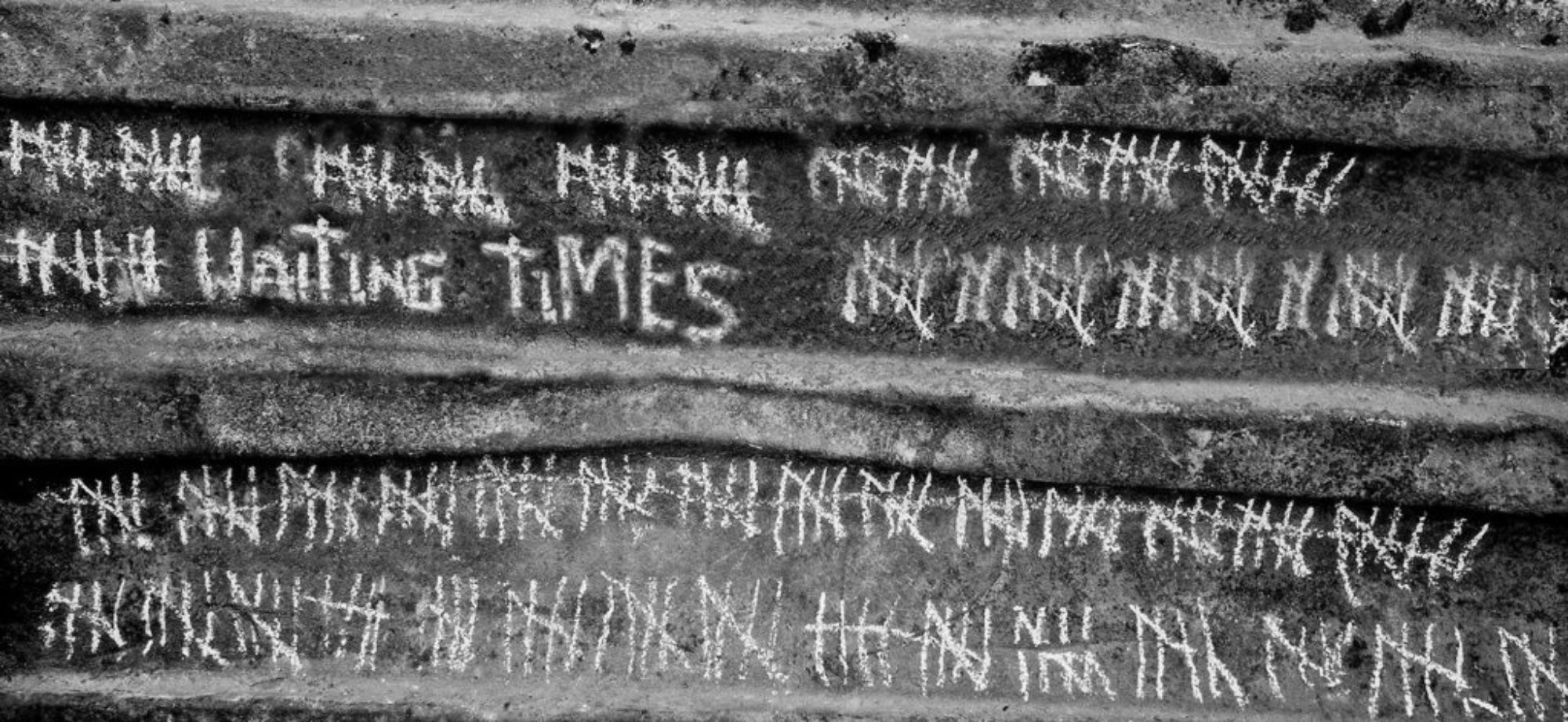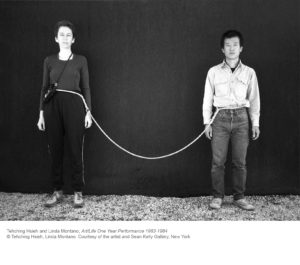Thu, Sep 9, 2021, 11:30 AM –
Fri, Sep 10, 2021, 3:30 PM BST
What forms does care take? What does taking care of oneself, another, or each other look and feel like? These are questions that have arisen and persisted throughout the COVID-19 pandemic, as everyday intimacies have given way to the need for social distancing, mutual aid groups have organised to try to meet the needs of the most vulnerable in their communities, and NHS hospitals and services have been overwhelmed and altered drastically. Yet these questions also have a rich and interdisciplinary history in the critical medical humanities, disability studies, the environmental humanities, literary studies, affect theory, moral philosophy, feminist theory, and beyond. As a word tied to the realms of both emotion and practice, care simultaneously poses a challenge to and requires form; the messy, ambivalent, spontaneous, and sometimes difficult feelings around caregiving exist alongside the frameworks, structures, routines, and scrupulous attention that acts of care might entail.
Inspired by current scholarly and political debates (such as the recently published The Care Manifesto by Andreas Chatzidakis, Jamie Hakim, Jo Littler, Catherine Rottenberg, and Lynne Segal) that lament the systematic dismantling of caring infrastructures under neoliberalism and at the same time call for a more expansive sense of caring activities and ‘imaginaries’, this cross-period, interdisciplinary workshop seeks to spotlight form as that which might productively organise but also capture the protean nature of care. We want to work with form as both the textual, creative, and cultural forms and techniques familiar within humanities disciplines, and as a more expansive sense of the forms and institutions of the social world and its ‘arrangements’ (speaking to Caroline Levine’s concept of form), in order to spark discussion especially about care at the intersection of ethics, affect, and aesthetics.
FORMAT AND PROGRAMME
The workshop will be fully online (via Zoom), and will offer a series of panel conversations based on pre-circulated papers. All presenters will submit papers of up to 3,000 words in advance of the event, and then speak to their papers during panel discussions. Papers will be uploaded to a secure drive in advance of the event, and participants will receive details of how to access them in good time before the event itself on 9th-10th September.
Details of how to access the event including Zoom joining links will be sent to all registered participants before the start of the workshop.
Thursday 9 September
11.30–11.45 Welcome & opening remarks
11.45–1.15 Panel 1
Chaired by TBC
Elizabeth Barry, ‘We Hang Up Laughing’: Dementia, Care and the Temporality of Laughter’
Marie Allitt, ‘Stratifying Care: Geology and Grammar of Cancer and Hospital Care in Peter Reading’s C’
Lucy Burke, TBC
1.15–2.00 Lunch
2.00–3.30 Panel 2
Chaired by TBC
Alice Hall, ‘Caring and Curating: Women, Work and the Carers UK Archive’
Zoe Weinberg, TBC
Elisabeth Pederson, ‘The Catholic Worker Care Model: Building Interdependent Caring Communities and Kinships’
3.30–3.45 Tea Break
3.45–5.30 Panel 3
Chaired by Erin Lafford
Lisa Baraitser and Stephanie Davies, ‘Waiting as care’s form: notes from the Waiting Times Project’
Michael Flexer, ‘Signs you care: form in the semiotic of caring’
Jocelyn Catty and Laura Sailsbury, ‘Writing into the future: letters as containers of time and care’
Jordan Osserman, ‘The ‘object’ of the puberty blocker’
Kelechi Anucha, ‘Form and Fugitive Care’
Friday 10 September
10.00–11.30 Panel 1
Chaired by TBC
Nicola Kirkby, ‘Care and Repair: Narrative Infrastructure in Elizabeth Gaskell’s Ruth (1853)’
David James, ‘Pathographic Close Reading’
11.30–11.45 Break
11.45–1.15 Panel 2
Chaired by Alexandra Kingston-Reese
Levi Prombaum, ‘A No Manifesto for Caring in Cultural Interpretation’
Victoria Papa, ‘Caremaking: Beyond Give & Take’
Laura Thompson, ‘Museological Critiques and Accessibility’
1.15–2.00 Lunch
2.00–3.00 Roundtable discussion about care & academia
3.00–3.30 Closing remarks
To register, please contact the organisers via the event page.


